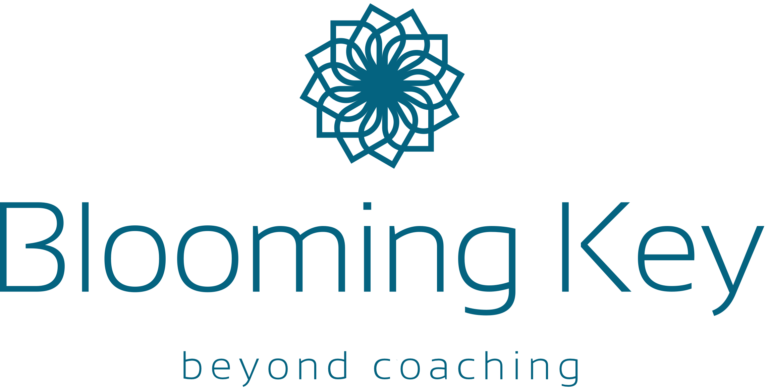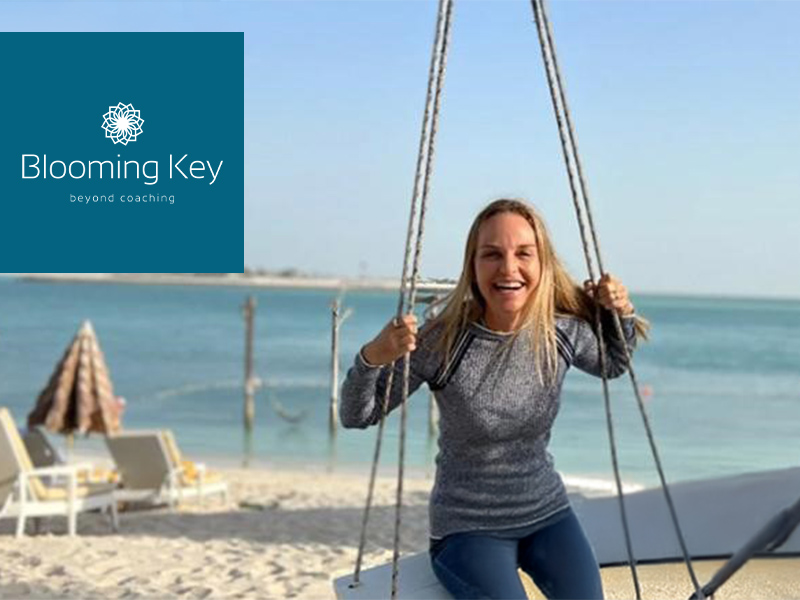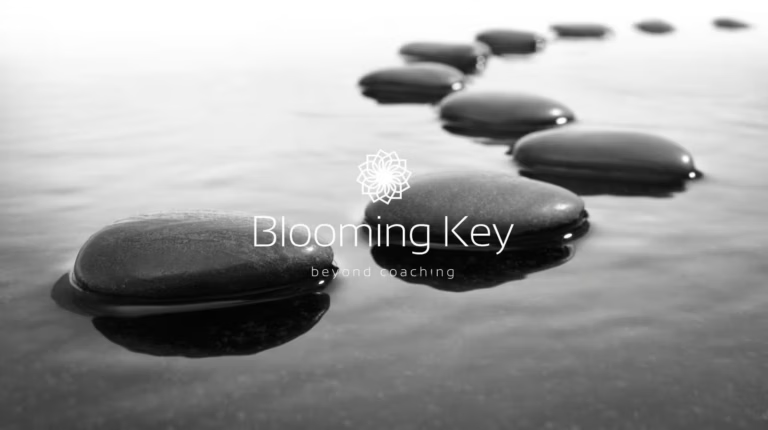We all want to be happy. But sometimes, our idea of happiness is clouded by what society or our inner voice tells us. We need specific things or achievements to be truly happy. But research shows that it’s not always these big moments or possessions that give us long-lasting joy.
Chasing the Wrong Goals
From the time we are young, society often guides us towards a certain idea of success. We’re told that possessing the latest gadgets, earning promotions at work, or achieving life’s major milestones will bring us happiness. But interestingly, research reveals a different story.
While these achievements may bring short-lived joy, they often leave us with a feeling of emptiness, leading to a never-ending cycle of wanting more. Instead of chasing these external markers, we should be looking inward for more sustained and authentic happiness.
Being Afraid to Be Too Happy
It might sound unusual, but many of us carry a subtle fear of experiencing too much happiness. Some think there’s a catch: “If things are going too well, when will the other shoe drop?” Others may carry guilt, thinking they don’t truly deserve to feel intense joy or fearing that too much happiness might invite bad luck. Research has indeed highlighted that this apprehension around happiness is quite prevalent in many individuals, emphasizing the need to address such beliefs.
Always Putting Others First
While being caring and empathetic are admirable qualities, there’s a fine line between being supportive and constantly sidelining our own needs. Consistently prioritizing others can result in feelings of exhaustion, resentment, and a sense of being undervalued. It’s important to remember that self-care isn’t selfish. Looking after our well-being ensures we’re in the best position to help others, fostering healthy relationships and a more balanced life.
How We See Our World Matters
Our perceptions shape our reality. This isn’t just a philosophy; it’s backed by science. The book “The Secret” introduces the idea that the world outside of us mirrors our internal beliefs. Digging deeper this means that our thoughts, whether positive or negative, can influence our experiences and the way we react to situations.
Psychological studies support this, indicating that individuals with a positive outlook tend to perceive challenges as opportunities, while those with negative mindsets often see them as threats. This “filter” through which we see the world plays a pivotal role in our overall well-being and satisfaction. By adjusting our perceptions, we can effectively change our experiences and, by extension, our levels of happiness.
Finding the Joy Inside
It’s easy to fall into the trap of seeking external validation to feel content. However, true and lasting happiness doesn’t come from the latest gadget, accolades, or even from others’ approval; it emanates from within. Genuine happiness is an internal state anchored in self-awareness and self-acceptance.
When we start to recognize our worth and embrace our imperfections, we begin to feel a deep sense of contentment that isn’t easily shaken by external events. It’s about finding joy in the small moments, cherishing our journey, and understanding that true happiness is a state of being, not a fleeting emotion. Embracing this internal joy empowers us to live life more fully, experiencing genuine contentment rather than merely chasing it.
Seeking Help Along the Way
Getting guidance from mentors, coaches, or self-help practices can be very helpful8. They can give us new insights and help us understand ourselves better, leading to true happiness.
In Conclusion:
Understanding our barriers to happiness is essential. By recognizing these challenges, we can actively address them. Every step we take, every insight we gain, brings us closer to a more joyful and fulfilling life. It’s a continuous journey of self-awareness and growth.
References: Footnotes
- Lyubomirsky, S. The how of happiness: A scientific approach. ↩
- Kahneman, D., & Deaton, A. High income and emotional well-being. ↩
- Mauss, I. B., et al. The paradoxical effects of valuing happiness. ↩
- Norberg, J. The balance between caring for others and self-care. ↩
- Byrne, R. The Secret. ↩
- Taylor, S. E., & Brown, J. D. The connection between perception and mental health. ↩
- Diener, E., & Biswas-Diener, R. Money and subjective well-being. ↩
- Grant, A. M. The benefits of goal-focused coaching. ↩
- Lyubomirsky, S., et al. Sustainable changes for happiness. ↩





